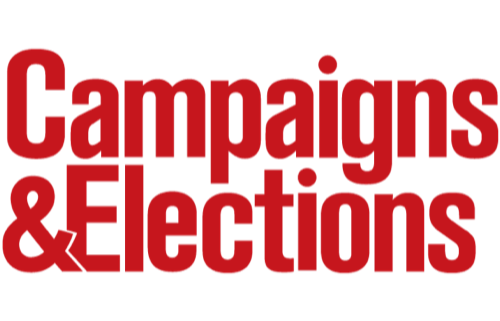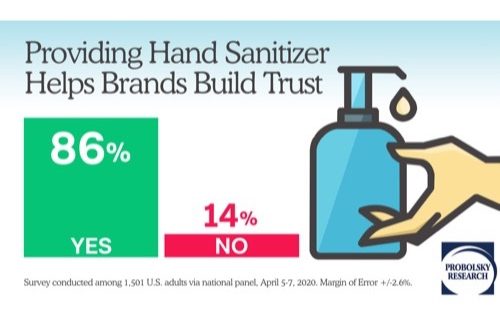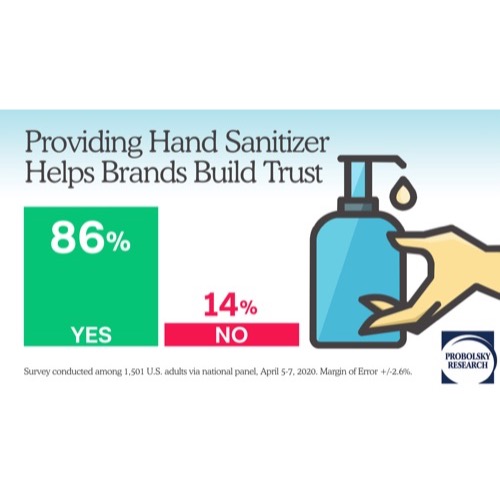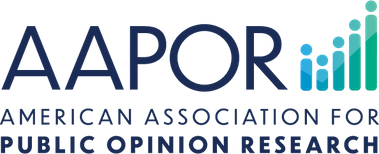4 Reasons Not to Pause Research During the Coronavirus Crisis
It’s easy to find excuses not to poll or conduct focus groups.
Whether it’s Super Bowl Sunday or the Thursday before President’s Day weekend, there’s always someone on the team who thinks the timing isn’t right to survey voters. While these opinions might have merit, there’s rarely a reason to wholesale pause consumer or voter research for any extended period of time.
Even in the face of this current national crisis, we’re polling and conducting online focus groups with success. In fact, with so many people at home looking for things to do, we’re seeing an uptick in respondents’ interest and enthusiasm.
From where we sit, here’s how polling looks during the coronavirus pandemic:
Campaigns and businesses need polling right now.
Organizations need to understand the nuances of this crisis and the proper way to communicate with each audience segment. Last month, a Pew Survey found differences in how Americans assessed coronavirus risks and changed behavior based on age, political party, and state of residence.
Even when stay-at-home orders are officially lifted, we’re likely to see lingering effects based on the intensity of these early initial attitudes. Polling is the only proven way to inform your changing tactics and develop tailored messages.
Voters are answering their mobile phones and survey questions online.
Our survey response rates are up since most Americans have been “safer at home.” Participation in online focus groups is through the roof. Americans are craving social interaction and the chance to share their opinions with someone other than their dog and the echo chamber of their social media feed. The image you might have conjured in your head of people cowering in fear in their bathtub isn’t real.
If you think lonely people eager to respond to your poll will bias the results, I can assure you that boredom and loneliness have always been major motivators for survey takers – in good times and crises alike.
People will talk politics during this crisis.
We are Americans. We have three 24/7 news channels mostly dedicated to talking about politics. People who live in Arizona subscribe to the New York Times and people who live in Florida subscribe to the Washington Post. We have even somehow created a hyper-political discussion around a prescription medication that might treat a virus. Trust me, people want to talk about politics.
We’re also seeing partisan differences in how people are responding to the crisis. For example, the Pew Survey found that Republicans are more likely than Democrats to feel comfortable visiting with a friend or going grocery shopping during the crisis.
Things are changing quickly, but winging it is never a good idea.
During the Democratic presidential primary, the campaigns didn’t stop polling when a competitor dropped out. They got right back into the field with another survey to figure out how to capture undecided voters.
Unfortunately, there’s also a real possibility that the coronavirus has fundamentally altered our way of life for the foreseeable future. The 1918 Spanish flu experienced three waves, with the second wave deadlier than the first. Absent a vaccine or cure, many Americans will be wary to rush out to ball games, or family reunions.
Political campaigns, industry and government agencies need to understand how to effectively communicate during this uncertainty. For associations or down-ballot campaigns with limited research budgets, the fundamental data from a poll will remain valuable for months. It’s better to obtain that critical data now and put it to work in a way that can help guide an organization through these uncertain times.
Adam Probolsky is president of Probolsky Research, a Latina- and woman-owned independent elections and public policy research firm.




